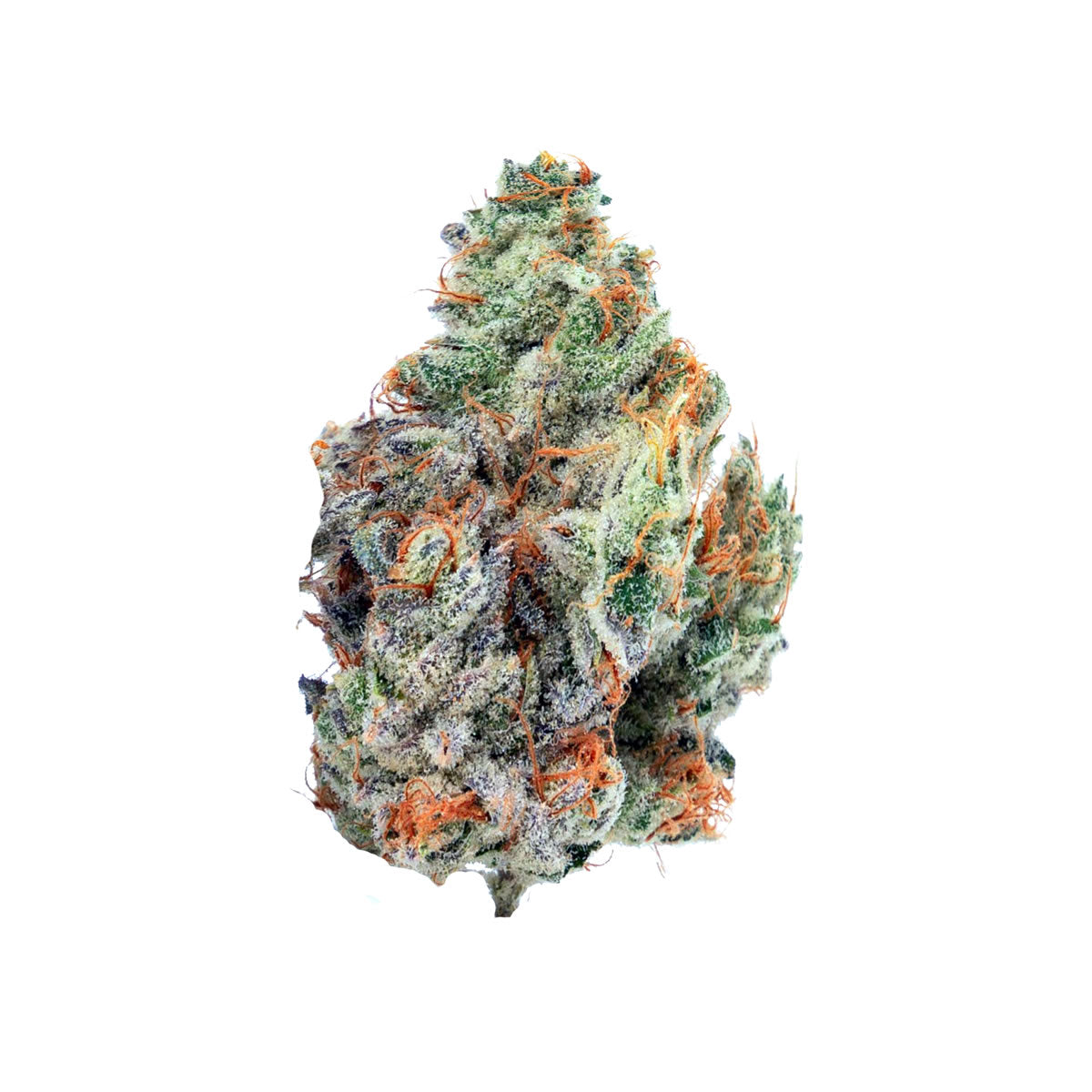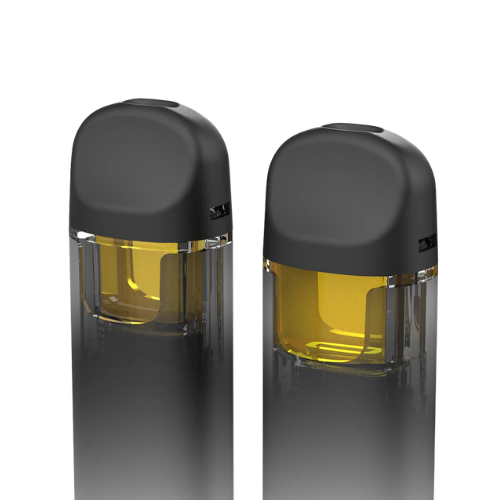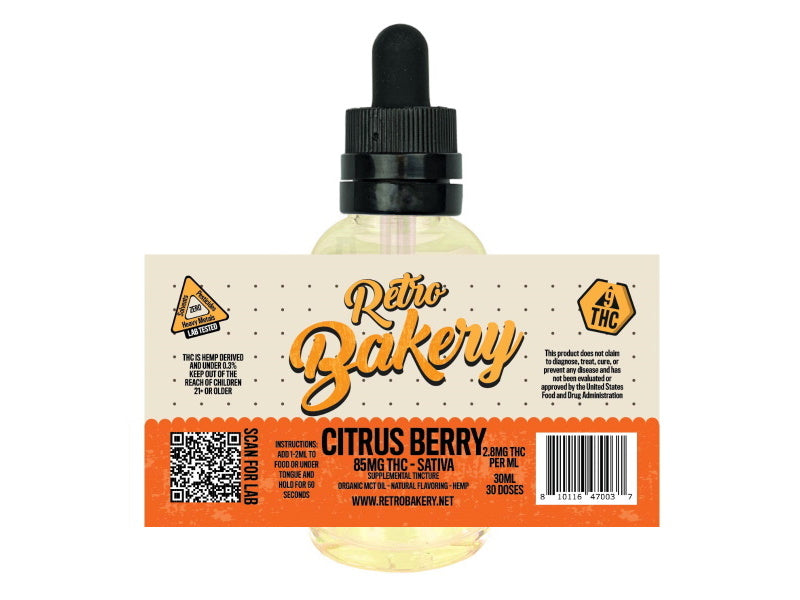Cannabis and Meditation: Enhancing Mindfulness Practice
Want to deepen your meditation practice with cannabis? The key is mindful consumption – starting with micro-doses (2.5-5mg), setting clear intentions, and creating a sacred ritual around your experience. When done thoughtfully, cannabis meditation can enhance focus, reduce mental chatter, and open doorways to deeper spiritual insights.
Why More Meditators Are Exploring Cannabis
You've probably heard friends talking about combining cannabis with their mindfulness practice. It's not just a trend – there's real science backing this ancient pairing.
Recent research shows that 66.1% of cannabis users report experiencing spiritual benefits from their consumption. Even more interesting? Among adults who meditate regularly, 73.5% found that psychoactive substances had a positive impact on their meditation quality.
This isn't about getting high and zoning out. We're talking about cannabis meditation – the intentional use of cannabis to enhance awareness, deepen contemplation, and access meditative states that might otherwise take years to achieve.
Think of it like this: meditation is about quieting the mind's constant chatter. Cannabis, when used mindfully, can help turn down that mental volume and create space for deeper awareness.
What Exactly Is Mindful THC Use?
Let's clear something up right away. Mindful THC use isn't about consuming as much as possible and hoping for the best. It's the opposite.
Mindful THC use means approaching cannabis with the same intention and awareness you bring to your meditation cushion. You're not escaping reality – you're becoming more present with it.
Here's what sets mindful consumption apart from recreational use:
- Intention setting: You consume with a specific purpose
- Dosage awareness: You know exactly how much you're taking
- Environmental preparation: Your space supports your practice
- Integration practices: You process and apply insights afterward
Studies on trait mindfulness show that people with higher mindfulness scores have fewer cannabis-related problems and better consumption habits. This suggests that bringing meditation principles to cannabis use creates a healthier relationship with the plant.
Here's Why Cannabis Can Enhance Meditation
You might wonder how a psychoactive substance can actually improve a practice that's all about mental clarity. Great question.
Cannabis affects your brain's endocannabinoid system, which plays a role in mood, memory, and consciousness. When you consume the right amount, it can:
Quiet mental noise: That constant stream of thoughts – your shopping list, work stress, random memories – often quiets down, making it easier to drop into meditative states.
Increase present-moment awareness: Many people report feeling more connected to their breath, body sensations, and immediate environment.
Enhance introspection: Cannabis can help you observe your thoughts and emotions with less judgment and more curiosity.
Deepen spiritual connection: Research shows that 25% of cannabis users are motivated by spiritual reasons, experiencing increased feelings of connectedness, unity, and transcendence.
The key insight? Cannabis doesn't create these experiences – it can help remove the barriers that prevent you from accessing them naturally.
The Art of Dosing for Mindfulness
Getting your dose right is absolutely crucial. Too little, and you might not notice any enhancement. Too much, and you'll be too impaired to maintain awareness.
For meditation purposes, less is always more.
Start with 2.5mg: This is considered a micro-dose. You might barely notice it, which is perfect for beginners. Some people find even this small amount helps them settle into meditation more easily.
Consider 5mg as your sweet spot: Most experienced cannabis meditators find this range enhances focus without creating impairment. You should still feel completely in control.
Occasionally explore 10mg: Only try this dose if you're experienced with both cannabis and meditation. At this level, you might experience more profound shifts in consciousness, but you need solid grounding practices.
Never exceed 15mg for meditation: Higher doses often create too much mental fog or anxiety for productive contemplative practice.
Our beginner's guide to hemp-derived THC edibles covers dosing basics in more detail, including how to find your ideal amount through careful experimentation.
Remember, edibles take 45-90 minutes to fully kick in. Plan your meditation session accordingly, or you might find yourself getting deeper into the experience mid-practice.
Creating Sacred Consumption Rituals
Spiritual cannabis use isn't just about taking an edible and sitting down to meditate. Creating ritual around consumption helps shift your mindset from casual use to sacred practice.
Here's how to develop your own consumption ceremony:
Set your physical space: Clean your meditation area. Light candles or incense. Remove distractions like phones or clutter. You're creating a container for transformation.
Clarify your intention: Before consuming, take a moment to connect with why you're doing this. Are you seeking insight into a particular question? Working through emotional blocks? Deepening your spiritual connection?
Express gratitude: Thank the plant for its assistance. This might feel silly at first, but it helps establish the proper relationship – one of respect and partnership rather than casual consumption.
Mindful consumption: Don't just pop an edible while scrolling your phone. Hold it mindfully. Notice its texture, smell, taste. Eat slowly and with awareness.
Transition period: After consuming, spend 20-30 minutes in gentle preparation. Light stretching, breathing exercises, or journaling can help you transition mindfully into the experience.
Many practitioners find that THC tinctures work well for ritualistic consumption because they're easy to dose precisely and the under-the-tongue absorption creates a natural pause in the process.
Meditation Techniques That Work Well with Cannabis
Not all meditation styles pair equally well with cannabis. Some techniques benefit more from the plant's effects than others.
Breath awareness meditation often becomes much easier with cannabis. The plant can help you feel more connected to your breathing rhythm and make it easier to maintain focus on this simple anchor.
Body scanning practices can be profoundly enhanced. Cannabis often increases bodily awareness, making it easier to notice subtle sensations and areas of tension or relaxation.
Open monitoring meditation – where you simply observe whatever arises in consciousness without focusing on any particular object – works beautifully with cannabis. The plant can help you maintain the observer perspective rather than getting caught up in thoughts.
Loving-kindness meditation often feels more natural under cannabis's influence. Many people report easier access to feelings of compassion and connection.
Walking meditation can be wonderful, especially in nature. Cannabis often enhances sensory awareness, making you more attuned to sounds, textures, and visual details.
Avoid complex visualization practices or techniques requiring sharp analytical thinking. Cannabis generally enhances receptive, flowing practices rather than focused, effortful ones.
Common Questions About Cannabis Meditation
"Will I become dependent on cannabis for meditation?"
This is a smart concern. The goal is for cannabis to teach you about meditative states, not to become a crutch. Most practitioners recommend using cannabis for meditation no more than 1-2 times per week, maintaining a strong foundation of sober practice.
Research on mindfulness-based relapse prevention shows that people who develop strong mindfulness skills tend to have healthier relationships with all substances, including cannabis.
"What if I get too high and can't meditate?"
Start small and wait. If you do consume too much, don't fight the experience. Switch to very gentle practices – maybe just focusing on breath or listening to calming music. Remember that the effects will pass.
"Is this just spiritual bypassing?"
Valid question. Cannabis meditation becomes "bypassing" when you use it to avoid dealing with difficult emotions or life situations. Healthy practice involves facing what arises with curiosity and compassion, whether pleasant or challenging.
"What about legal issues?"
Laws vary dramatically by location. Make sure you understand your local regulations. Many states now allow hemp-derived THC products that contain less than 0.3% delta-9 THC by dry weight, making them federally legal.
Integration: Making the Most of Your Insights
Having profound experiences during cannabis meditation means nothing without proper integration. Here's how to anchor your insights into daily life:
Journal immediately afterward: Write down key insights, unusual experiences, or emotional shifts while they're fresh. Don't trust your memory to capture subtle realizations.
Identify actionable steps: If you gained clarity about a life situation, what concrete actions can you take? Insights without action often fade quickly.
Share with trusted friends: Talking through your experiences with understanding people helps solidify learning and provides different perspectives.
Maintain regular sober practice: Your enhanced sessions should inform and deepen your daily meditation, not replace it.
Track patterns over time: Notice what dosages, strains, and practices work best for you. Everyone's endocannabinoid system is different.
For those interested in exploring different consumption methods, our guide to why chocolate edibles might hit differently explains how various formats affect absorption and experience.
Building Your Practice Safely
Starting a cannabis meditation practice requires the same patience and consistency as traditional meditation. You're developing new skills and awareness.
Begin with established meditation experience: If you're new to meditation, develop a solid foundation first. Cannabis can amplify whatever mental state you bring to it – including anxiety or restlessness.
Create accountability: Practice with experienced friends or find online communities focused on conscious cannabis use. Having support helps maintain healthy boundaries.
Track your experiences: Keep notes on dosages, strains, practices, and outcomes. This data helps you optimize your approach over time.
Maintain perspective: Enhanced experiences can feel incredibly meaningful, but remember that the real work happens in integration and daily application.
Know when to pause: If you find yourself relying on cannabis for all your meaningful spiritual experiences, take a break and reconnect with sober practice.
The Bigger Picture: Cannabis as a Meditation Teacher
When approached with respect and intention, cannabis can serve as what many traditions call a "plant teacher" – offering lessons about consciousness, presence, and connection that inform your entire spiritual path.
The goal isn't to achieve some permanent high state. It's to glimpse possibilities for awareness that inspire deeper commitment to daily practice, whether enhanced or not.
As your practice develops, you might find that cannabis helps you access meditative states more easily, but your ability to reach those states without assistance also grows. The plant becomes a teacher rather than a crutch.
Many practitioners describe cannabis meditation as showing them what's possible, while traditional meditation helps them develop the skills to access those states consistently. Together, they form a complete contemplative practice.
Whether you're drawn to fast-acting gummies for precise timing or prefer the ritual of THC-infused chocolate, remember that the product is just a tool. The real magic happens in the quality of attention and intention you bring to your practice.
Ready to explore this path? Start small, stay curious, and approach both the plant and your practice with the respect they deserve. The journey of consciousness is lifelong – there's no rush to get anywhere except the present moment.












